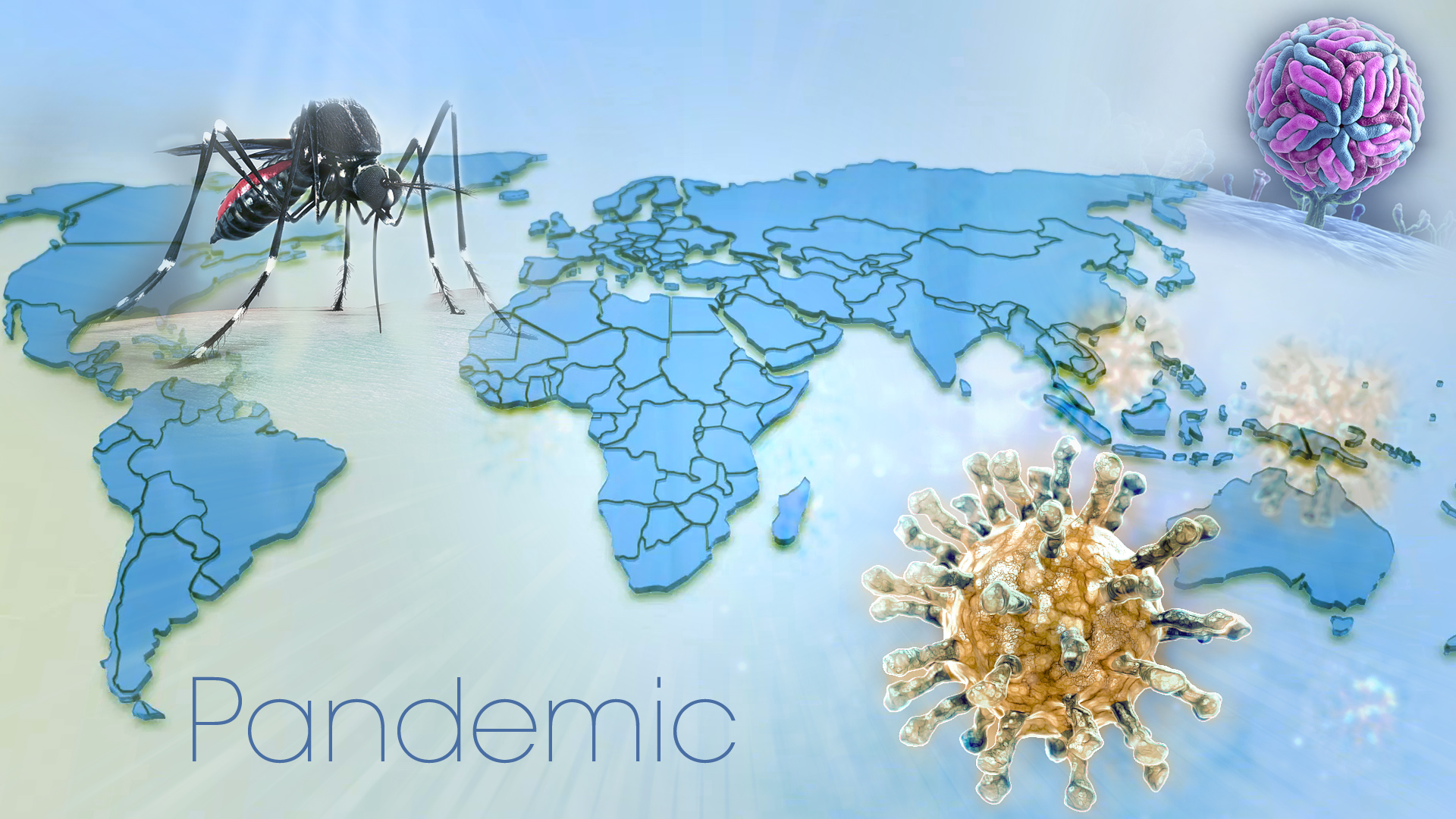Jeremy Farrar, Tropical medicine expert and Director of the Wellcome Trust, delivered a TEDMED Talk in which he shared stories from his time as Director of the Oxford University Clinical Research Unit in Vietnam, where his research in infectious diseases, tropical health, and emerging infections exposed him to the SARS, bird flu and H1N1 flu outbreaks. The talk was insightful in more ways than one as it focussed on the reasons of being prepared and responding effectively to epidemics.
“In a world of denser cities, increased international travel, migration and ecological change, the ability of emerging infectious diseases to spread and cause devastation is increasing. That’s not going to change, which means we have to. We’ve shown already (in case of Ebola and Yellow fever) that we can respond effectively to epidemics. Now we need to demonstrate that we can prepare for them effectively too”, Farrar pointed.
Since trials now confirm 100% efficacy of the rVSV Ebola vaccine, the fears surrounding the disease have subsided. Ebola vaccine trials are an example of how by working collaboratively across international borders, vaccines can be developed and tested rapidly.
Although Ebola vaccine is a unique one that developed within the span of the epidemic, there are a couple of major reasons that seemed to have favored the process-
The partnership that delivered the vaccine – involving pharma, philanthropic organizations, governments, regulators, and NGOs – was an ad-hoc one, hugely reliant on the goodwill of those involved. This way of working, while inspiring, is neither reliable nor sustainable in the long term.
The partnership’s success was also based on having Ebola vaccine candidates ready to be tried in humans at the beginning of the outbreak. For MERS, Zika and many others, there are no such candidates yet.
While the Zika emergency kept us occupied in 2016, an under-reported crisis was emerging in central Africa, the alarm for which was raised months after it erupted- yellow fever. Due to the lack of suitable facilities close by, the diagnostic tests on its initial set of victims were being run in foreign labs.
But we still managed to contain the outbreak, thanks to a well-coordinated collaboration between the WHO, governments, health authorities, NGOs and volunteers. Other countries donated their vaccine stockpiles, doses were diluted to spread coverage, and a huge immunization campaign was implemented. But, again, we were mostly lucky.
In showing us our shortcomings, the histories of these outbreaks show us the way forward. These stories tell us that we do have the ability to prepare for and fight against emerging infectious diseases, but we don’t yet have the tools. So if we want to make the world safer, we must be proactive in the face of health challenges in order to be a step ahead, or else expose ourselves to vast risks – and the dreadful consequences that can accompany these.
We must start developing tools to fight these diseases now, and set up permanent partnerships and systems necessary to do so. Some progress has been made. The WHO has drawn up a blueprint for R&D to prevent epidemics. Also CEPI, a new global public-private coalition, has been established to advance the development of new vaccines for epidemic diseases so that we have candidates ready to test when an outbreak occurs.
The article has been referenced from TEDMED Blog titled Lessons From The Pandemic Frontline. You can listen to the talk by Jeremy Farrar here.
A Happy Ending To Malaria Story?
WHO has estimated many countries with ongoing malaria transmission to have reduced their disease burden significantly. On a global scale, new malaria cases fell by 21% between 2010 and 2015. Read More..









